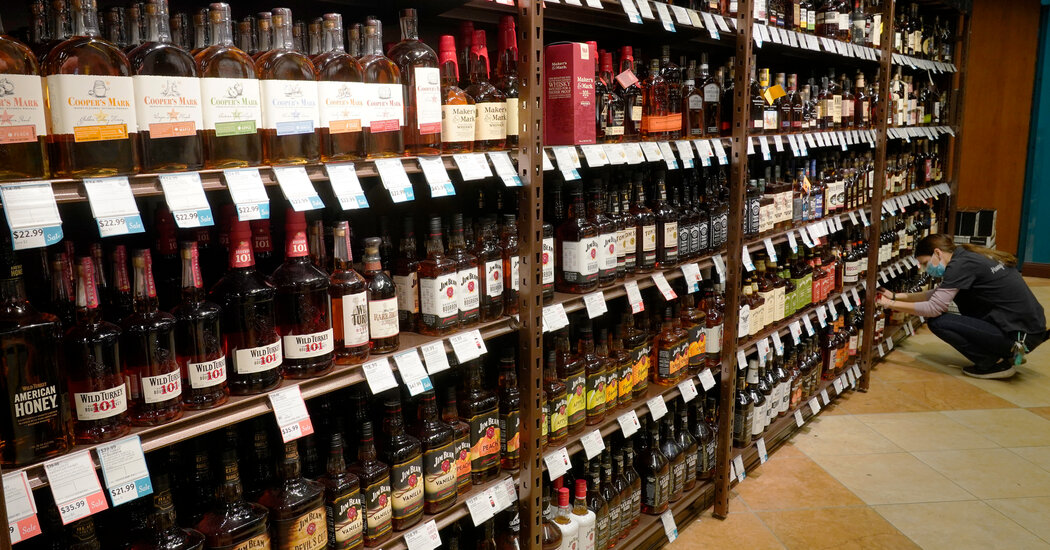
Alcohol is a leading cause of preventable death in the United States, but it is often overshadowed by tobacco or opiates. And its effects on Americans’ health has been growing. Nearly a decade ago, a similar study found one in 10 deaths of working-age people was due to drinking, although researchers have changed the methodology, so a perfect apples-to-apples comparison is not possible.
Katherine Keyes, a professor of epidemiology at Columbia University who was not involved in the latest study, said it painted a stark picture of the problem. “Where the science needs to go,” she said, “is what do we do about it?”
She took a hopeful view of variations in alcohol’s effects that the study found across the states. In Mississippi, alcohol accounted for 9.3 percent of working-age deaths, whereas in New Mexico, it accounted for 21.7 percent, including one in three deaths of people ages 20 to 34, which Dr. Keyes called “horrifying.”
But she said those differences were also indicative of the profound role that the surrounding environment has in any individual’s drinking habits. That suggests the most affected communities may be able to learn from others where drinking is less perilous, she said.
There is ample opportunity to improve access to treatment services, experts say. Millions of Americans struggle with alcohol use disorders, but their medical providers do not typically counsel them to reduce excessive use or offer them medications that can blunt cravings.
Dr. Esser said policymakers should take steps to make their communities safer. “Evidence-based strategies are out there and underused,” she said. The C.D.C.’s Community Preventive Services Task Force recommends a number of measures, including raising alcohol taxes and regulating the number and concentration of businesses that sell alcohol.
Last year, Congress permanently reduced federal alcohol tax rates, and state alcohol taxes have generally not kept up with inflation. But in some hard-hit states, advocates have begun pushing back. In Oregon, there was a campaign to raise alcohol taxes, and lawmakers in New Mexico recently held hearings about doing so.
